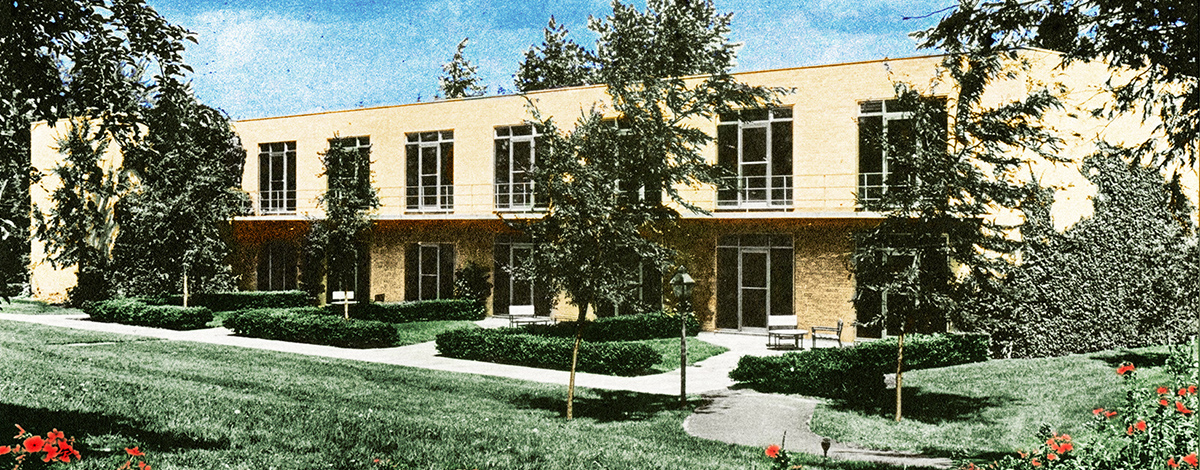2026-2027 Theme Description
Monstrosities“Monstrosities” expose the categorical instabilities and moral culpabilities of the human and the worlds that people have built. Some of us fashion nature and bodies into abominable figures of excess and danger, revealing our innermost feelings of loss, desire, and fear. However, monstrosities can also harbor liberatory potential and practices of salvation, and be reclaimed for ambiguity, resistance, and radical possibility. This year-long theme invites scholars to engage monstrosities as objects, analytics, and methods, positioning monstrosities as a vital site for rethinking scholarly and political engagements with difference, vulnerability, and ethics. We invite proposals for fellowships that engage with monstrosities aligned with multiple modes of humanistic and interpretive inquiry. We are especially interested in work that focuses on “monstrous” humans, landscapes, and inventions.
Monstrous Humans
From imperial depictions of racialized others to eugenic and biological discourses that pathologize non-normative bodies, monstrosities embody anxieties about race, gender, sexuality, disability, and technology, categories that have historically been used to shape and police the shifting boundaries of the human. Alternatively, by inverting an ethical and analytic gaze, it becomes possible to cast persecutors and their enablers as the “real” monsters who foment deprivation, internment, expulsion, and killing of the most vulnerable. To live as or with a monster is to challenge norms of embodiment, kinship, and belonging, and to imagine topsy-turvy worlds where monstrosities become normalized and the normalized becomes monstrous. How do monstrosities harbor affective cultures, practices of normalization, and subversive ways of being human?
Monstrous Landscapes
The monstrosities of sub-/ex-/urban development — disused power plants and factories, derelict shopping malls, parking lots, gas stations — alternately evoke waste, vacancy, absence, loss, deterioration, disruption, upheaval, but often with imprecision and a sense of the uncanny. The same could be said of the global countryside, littered with byproducts of militarization, industrialization, and mass consumption. Brownfields, Green Lines, unexploded ordnances, and exclusion zones of nuclear production figure as the scenery of post-apocalypse, without specifying the content of life before. These spaces have potentially outlived their usefulness, requiring technical remediation to be deemed safe for living things. What are the scholarly, ethical, and artistic approaches to witnessing, analyzing, and/or intervening in monstrous landscapes?
Monstrous Inventions
Technological inventions can also represent monstrosities, leading people into unexpectedly haunted modes of interaction. The ideological framing inventions as advancements or progress can easily mask the diabolical nature of innovation as a harbinger for inequality. Longstanding fears of mechanization and human obsolescence dovetail with contemporary fears of artificial intelligence, the growing power and penetration of digital communication platforms, and the specter of biological and genetic engineering signal the complex ethical tensions between inventions and creators’ intentions, whether imagined or real. How do we understand the scholarly, cultural, and artistic responses to monstrous inventions?
